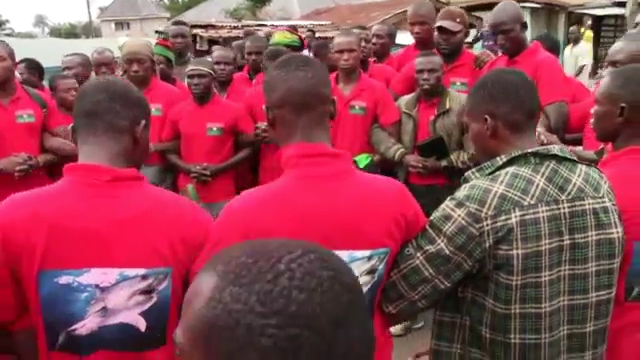
Protestors gather in Nkpor, Onitsha on 30 May 2016, Nigeria.
By Adotei Akwei and Miho Mitobe
In late November AI released a report on human rights violations committed by Nigerian security forces in the southeast of the country. The Indigenous People of Biafra (IPOB) had conducted largely peaceful marches as part of an effort to establish an independent state, and the response was brutal and depressing in its familiarity. SEE THE REST OF THIS POST
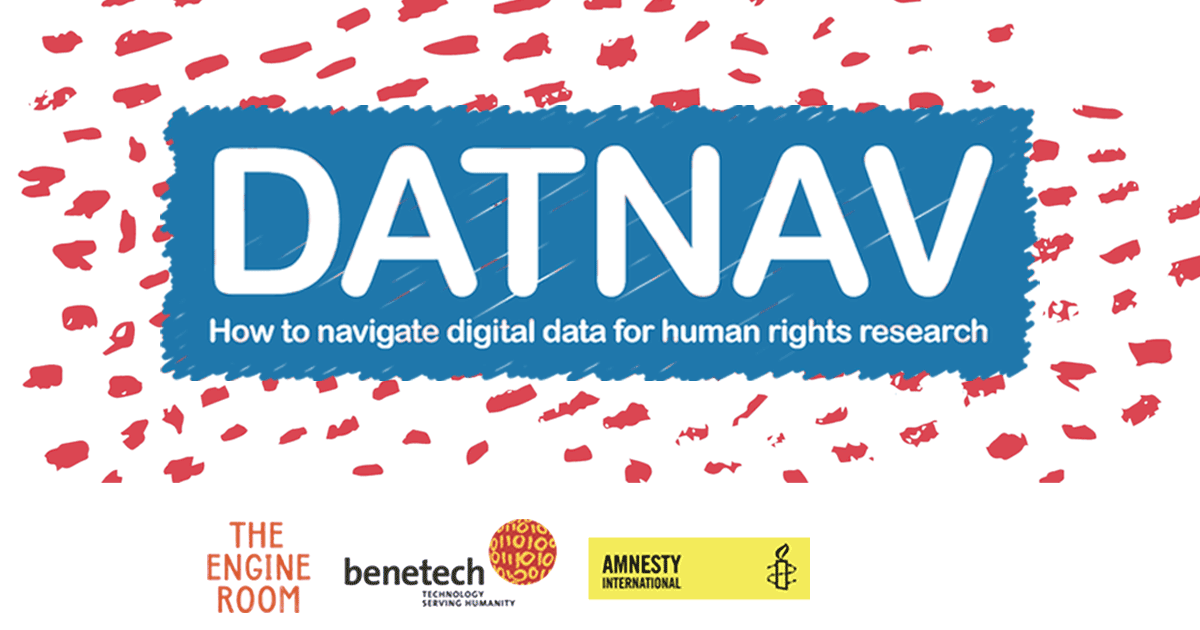
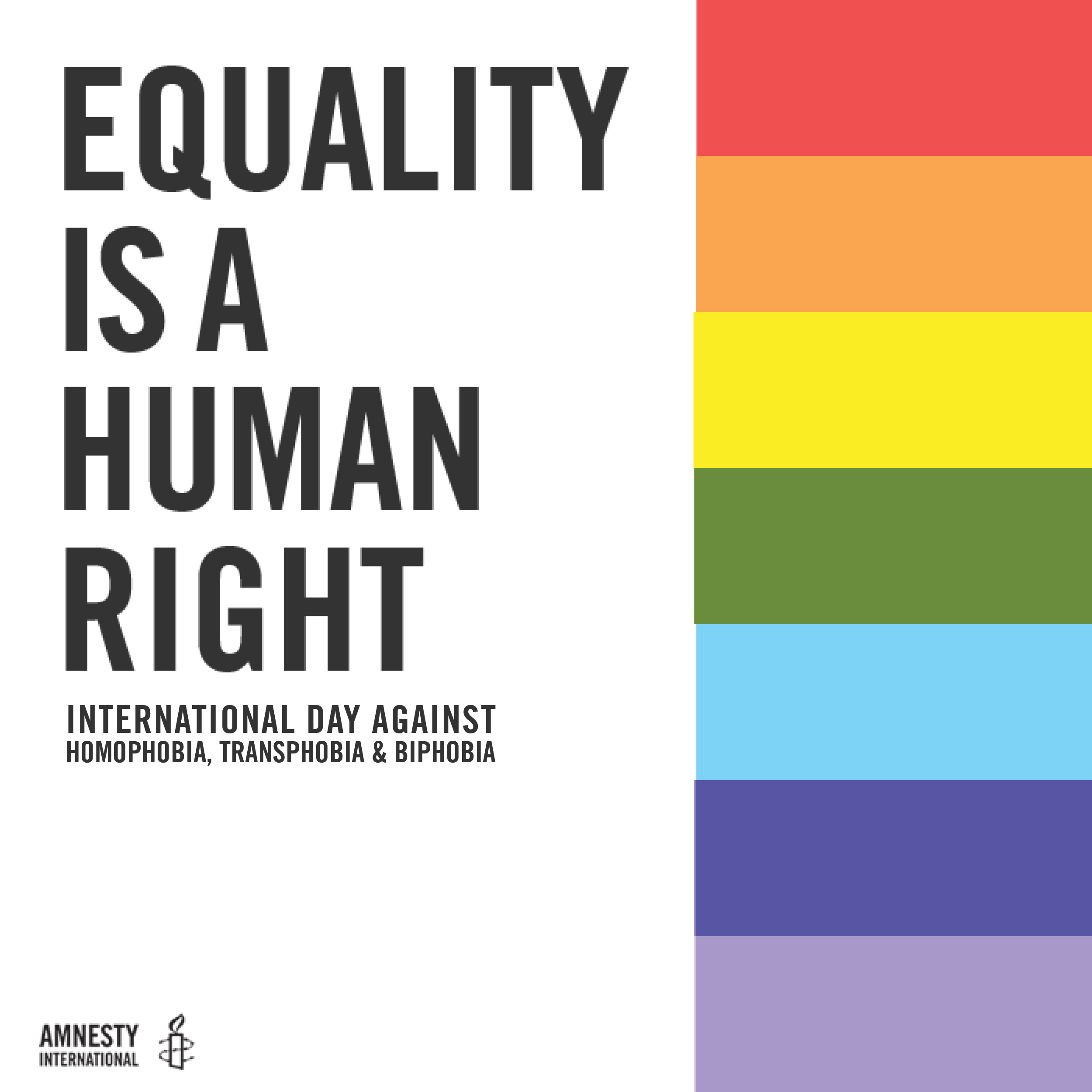
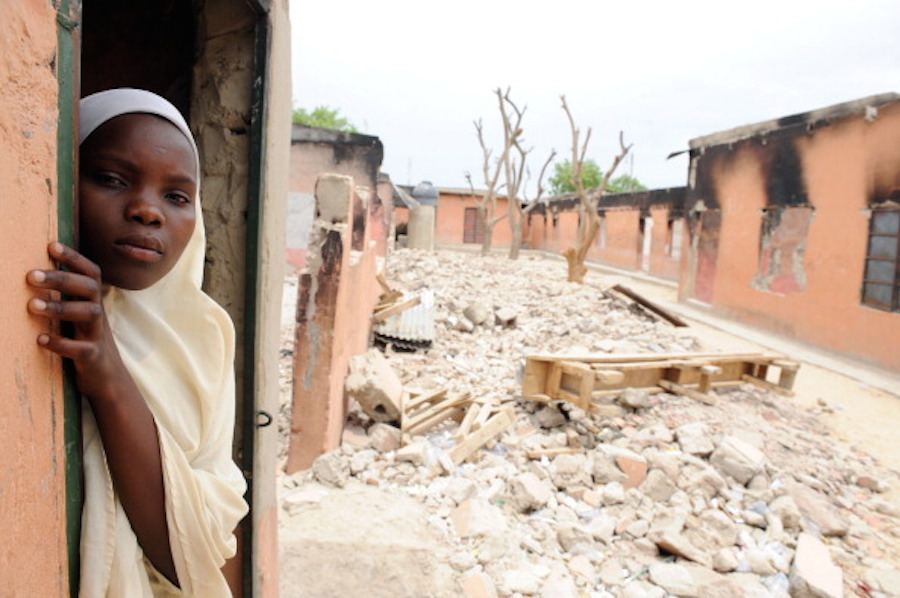
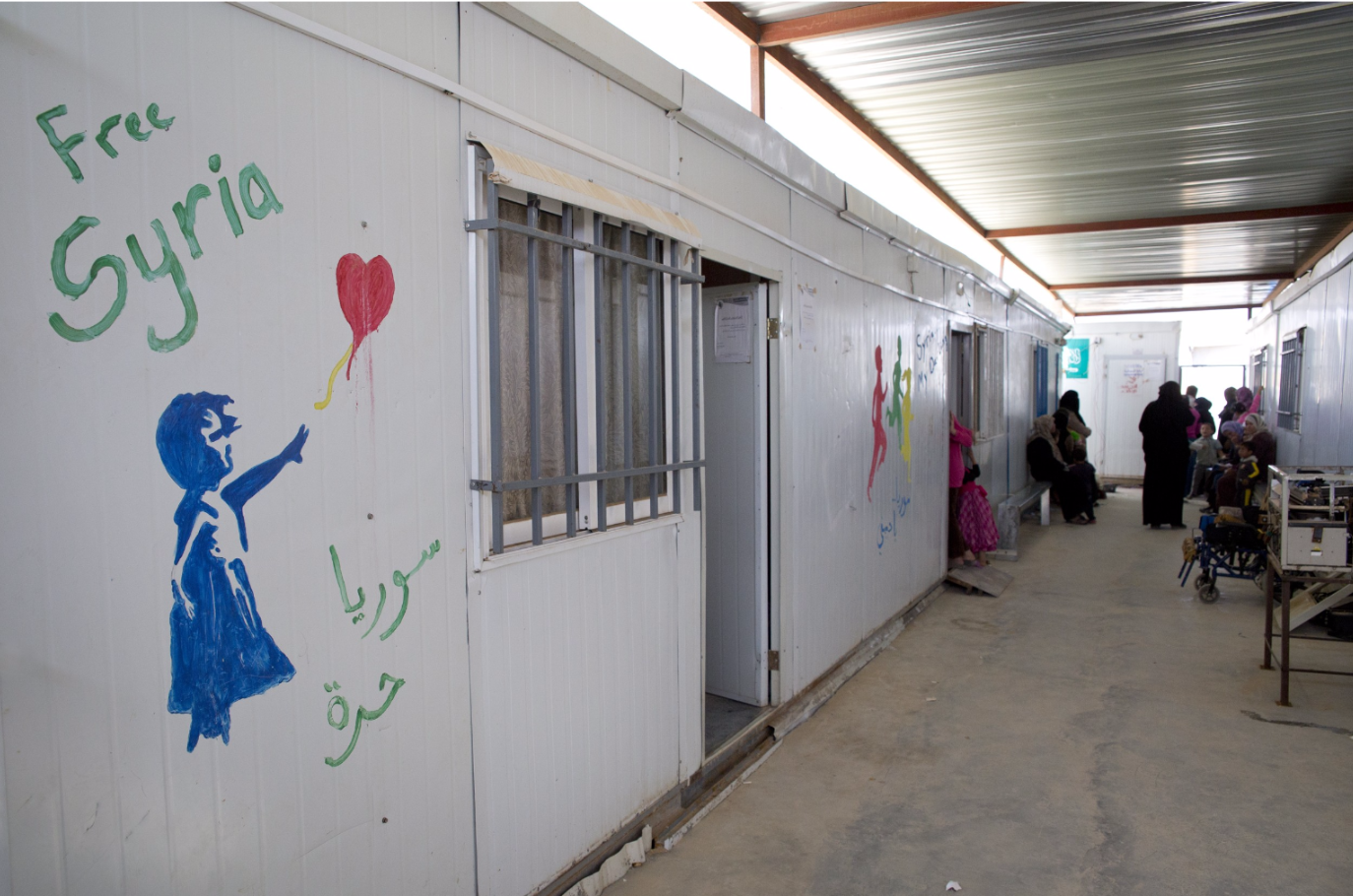
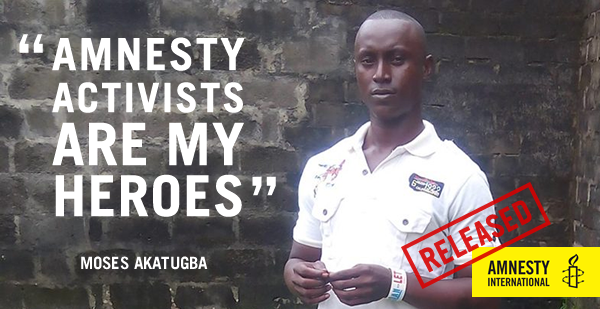
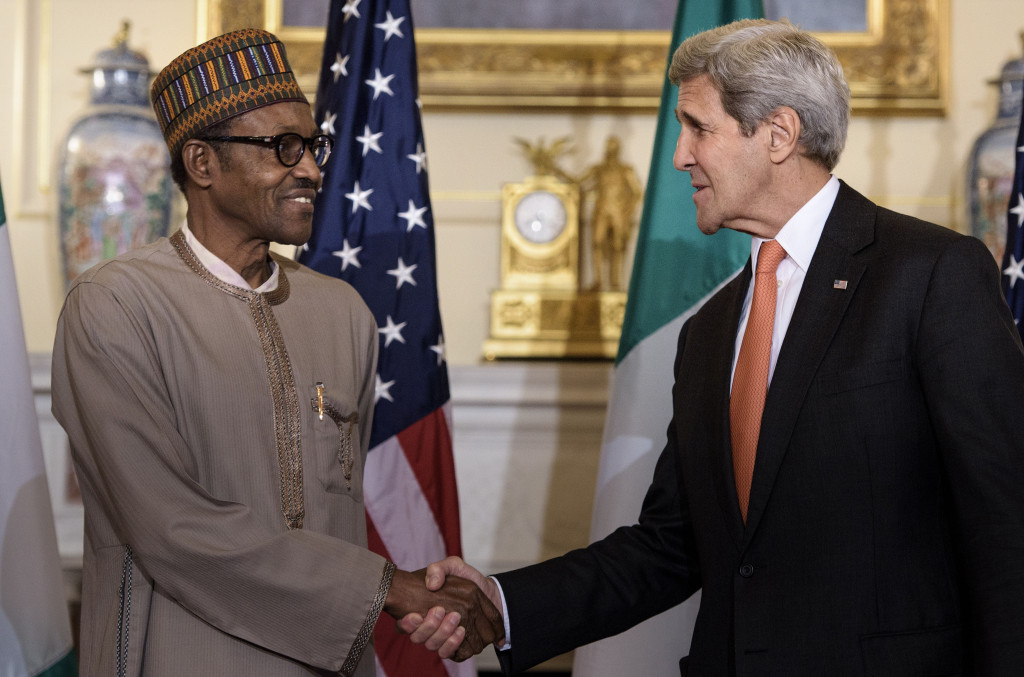
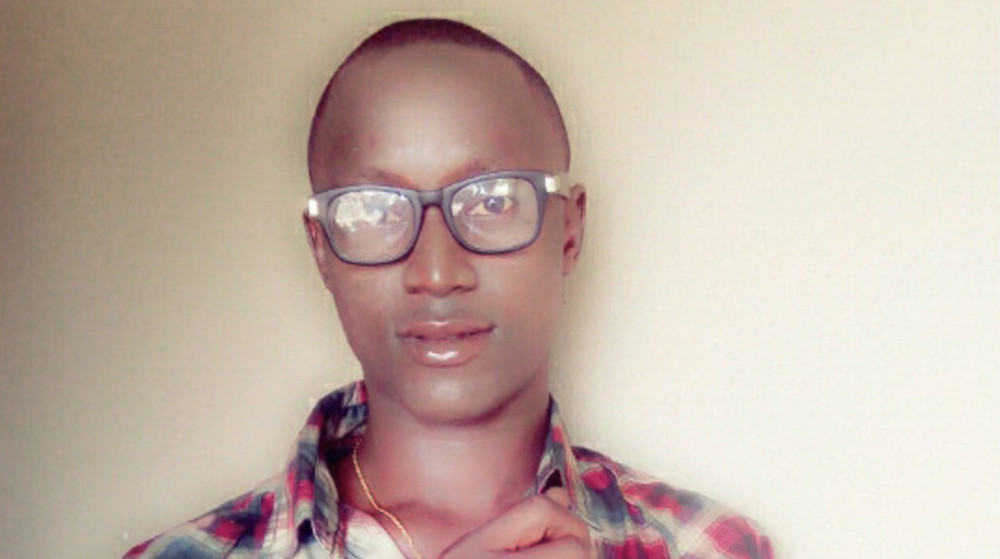
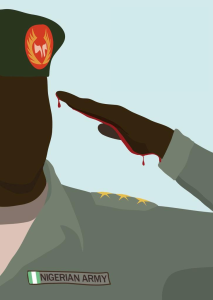 by Adotei Akwei and Bridget Duru
by Adotei Akwei and Bridget Duru Over the last year, activists like you have taken
Over the last year, activists like you have taken